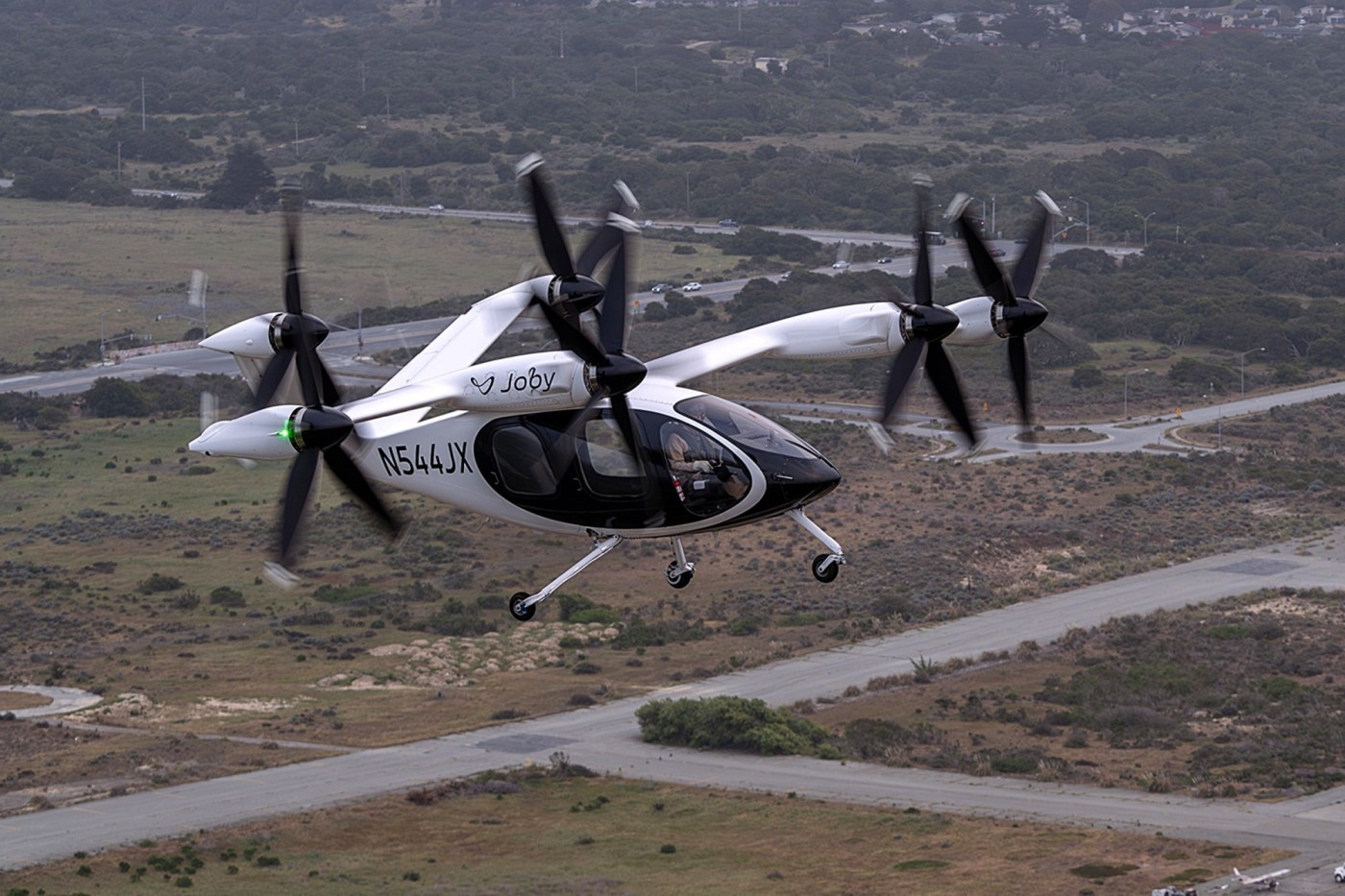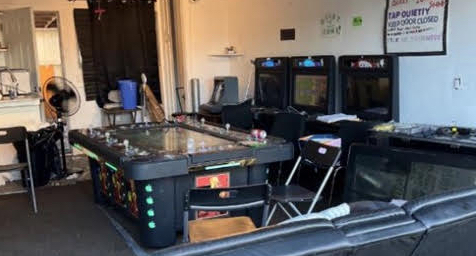MARINA – Nvidia, a leading company in accelerated computing, has selected Joby as its only aviation launch partner for its new platform, Nvidia IGX Thor, in a move Joby believes will advance its own autonomous flight technology, Superpilot.
“The autonomous systems under development at Joby are poised to complement human intelligence by providing speed, precision and stamina beyond what a person alone is capable of,” said Gregor Veble Mikić, flight research lead at Joby, in a press release. “To achieve this, an aircraft needs a powerful onboard computer that can interpret extraordinary amounts of information to make decisions in real-time. Combining Nvidia’s compute power with our world-class aircraft design, certification and rigorous flight testing capabilities, we’re enabling a new era of safety-first autonomy in aviation.”
Related Articles
Nvidia becomes first $5 trillion firm as AI rally picks up steam
Nvidia CEO prepares to unveil AI deals with Samsung, Hyundai
Nvidia to invest $1 billion in Nokia in AI networking push
Nvidia investors look to DC ‘Super Bowl’ to juice sluggish stock
Nvidia upgraded as HSBC sees AI driving nearly 80% upside
Joby is developing an all-electric, vertical take-off and landing air taxi intended to both operate its fast, quiet air taxi service in cities around the world and sell its aircraft to other operators and partners.
Nvidia, based in Santa Clara, was founded in 1993. It invented the GPU (graphics processing unit) in 1999, an electronic circuit that can perform mathematical calculations at high speed.
The Nvidia IGX Thor platform, powered by the Nvidia Blackwell architecture, is an industrial-grade platform designed to power the next generation of physical artificial intelligence applications.
Joby is developing its Superpilot autonomous flight technology to interact with the world through a continuum of autonomous functions. Nvidia’s support for industry recognized functional safety standards on the IGX Thor platform allows Joby to pursue certifiable autonomy for near-term defense and long-term civil applications as the Federal Aviation Administration advances the capabilities of national airspace, according to Joby Aviation.
Integrating this level of advanced computing can transform operational safety and mission capability, enabling real-time, on-board capabilities such as autonomous mission management which enables the aircraft to determine, request and follow optimal flight paths, adapt to changes in weather, air traffic control instructions, or unexpected events, with intuitive human-machine teaming to ensure mission success, radar and perception processing allowing for onboard compute processes of high-rate data from radar, LiDAR and vision sensors to achieve environmental awareness, precise object perception and localization to safely navigate the airspace in all conditions and sensor fusion for integrated high-performance processing that combines data from a diverse range of sensors to deliver reliable and accurate aircraft state estimation and situational awareness in the most challenging environments.
It also establishes a foundation to develop features that enhance operational insight, reliability and performance such as predictive system health monitoring where the aircraft will be capable of refining models of its own function and reliability, predicting when system components might need attention and alerting crew members before it becomes a problem and “Digital Twin” modeling that with powerful and reliable compute capabilities, an aircraft can carry a “digital twin” model of itself, and the world, that gathers data from every flight to refine its fidelity. This information can then be integrated into mission control systems to optimize performance and efficiency.
“Autonomous cars have showcased the ability to interpret large volumes of data to make split-second decisions,” added Mikić in the release. “For an aircraft, the compute power needed for autonomy is similarly high, but also needs to meet even higher levels of design rigor to achieve certification for operation in controlled airspace. In aviation, every calculation must be perfect and every decision infallible.”
Joby Aviation, which has its headquarters in Santa Cruz, has been doing business at the Marina Municipal Airport since August 2018 where it has designed and is producing an electric air taxi that will carry a pilot and four passengers at speeds up to 200 mph and offer high-speed mobility with a fraction of the noise produced by helicopters and zero operating emissions.
Joby recently began full operation of its expanded Marina site — a 220,000-square-foot manufacturing facility at the Marina Municipal Airport — enabling it to boost production up to 24 aircraft per year, and bringing its total occupancy at the municipal airport to 435,500 square feet. The site also provides key capabilities, including Joby’s initial FAA production certification, conforming ground and flight testing components, pilot training simulators and aircraft maintenance.





